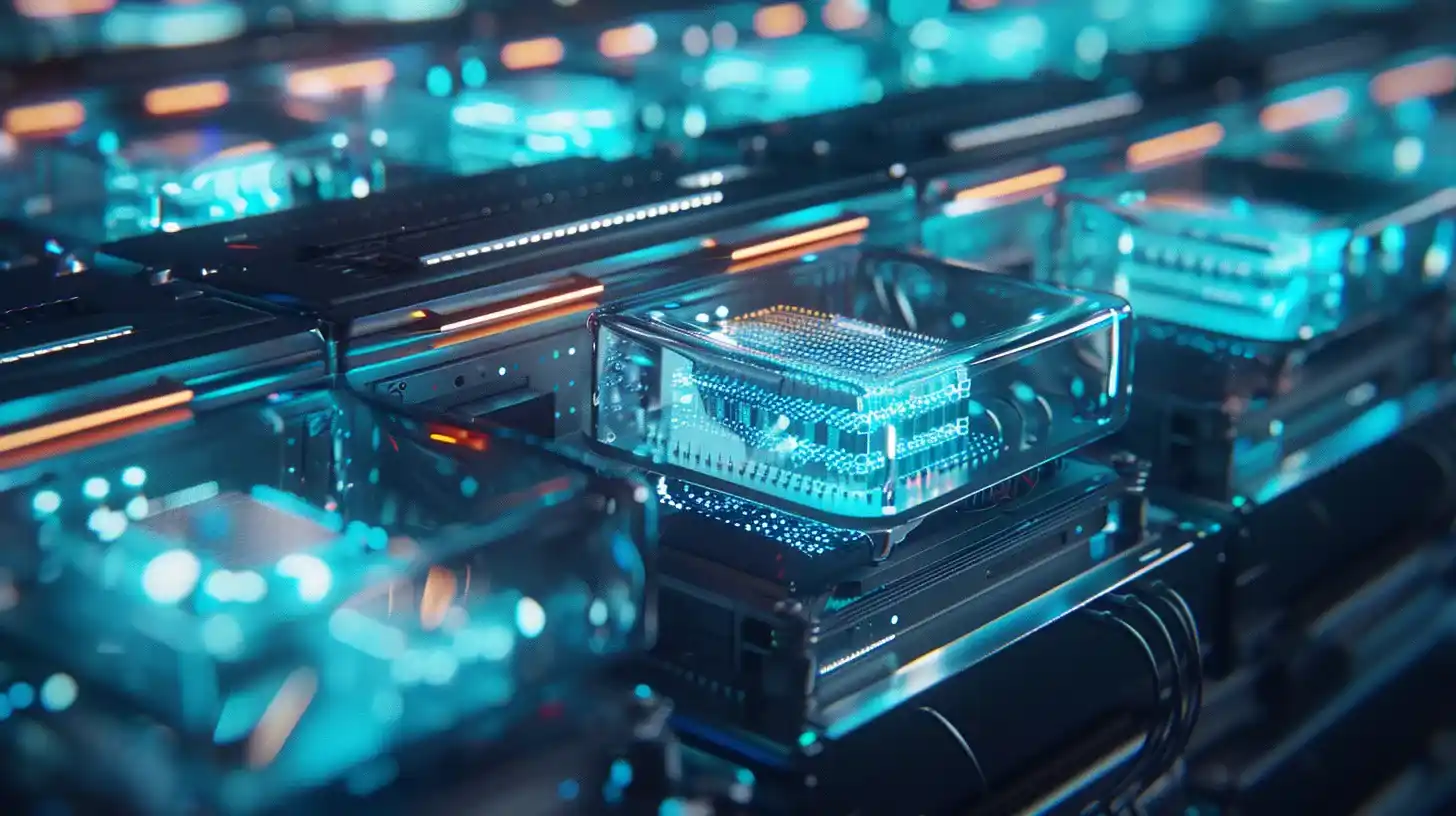Table of Contents
Apple is making a strategic leap towards more sophisticated artificial intelligence (AI) capabilities by deploying its custom-designed Apple M2 Ultra chips in data centers. As reported by Bloomberg, these high-performance chips will be tasked with tackling complex AI queries, marking a significant step in Apple’s plan to deepen AI integration across its product line. Simpler AI tasks will continue to be processed directly on user devices for a more responsive user experience.
This news follows earlier reports in The Wall Street Journal about Project ACDC (Apple Chips in Data Centers). Initially, The project focused on developing custom data center chips to enhance security and privacy. However, Apple now believes its existing M-series processors, including the Apple M2 Ultra chip, already possess sufficient security features through elements like Secure Enclave, which isolates data in case of security breaches.
Apple M2 Ultra Chip in the Cloud: A Stepping Stone to On-Device AI Powerhouse
Apple’s decision to leverage Apple M2 Ultra chips in data centers signifies a two-pronged approach to AI development. Firstly, it allows the company to offload demanding AI workloads to the cloud, ensuring a smooth user experience. This is particularly relevant for complex queries that require significant processing power beyond the capabilities of individual devices. For instance, imagine using an AI-powered image editing tool on your iPhone or iPad. By leveraging the M2 Ultra chip’s power in the cloud, Apple can deliver exceptional image processing results without compromising battery life or device performance on your mobile device.

Secondly, this strategy serves as a stepping stone for integrating future, more advanced AI chips directly into Apple products. The recent announcement of the M4 chip with its “outrageously powerful” neural engine underscores Apple’s commitment to on-device AI advancements. By initially handling complex tasks in the cloud powered by Apple M2 Ultra chips, Apple can refine its AI technology and optimize it for future devices equipped with the M4 chip and its successors. This phased approach allows Apple to ensure a seamless transition to on-device AI while maintaining exceptional performance from the outset.
Building a Robust AI Ecosystem: Security, Privacy, and Performance at the Forefront
Apple’s foray into cloud-based AI with the Apple M2 Ultra chip emphasizes the company’s unwavering focus on three key aspects: security, privacy, and performance.
- Security: Project ACDC’s initial focus on developing custom data center chips speaks volumes about Apple’s prioritization of user data security. While the company ultimately decided the existing M-series processors offer adequate protection, the initial intent to create custom chips demonstrates their commitment to robust security measures, especially when leveraging the Apple M2 Ultra chip in data centers.
- Privacy: Apple’s Secure Enclave technology plays a crucial role in safeguarding user data on Apple M2 Ultra chips-powered cloud servers. This technology isolates data, minimizing the risk of exposure in the event of a security breach. This ensures that user data remains protected even when complex AI tasks are processed in the cloud with the Apple M2 Ultra chip.
- Performance: The immense processing power of the Apple M2 Ultra chip ensures efficient handling of complex AI tasks in the cloud. This translates to a seamless user experience for applications requiring advanced AI capabilities, even on devices with less processing power. Imagine using an AI-powered language translation tool on your Apple Watch. By leveraging the M2 Ultra chip’s power in the cloud, Apple can deliver real-time, accurate translations without draining your watch’s battery.
Apple’s decision to leverage Apple M2 Ultra chips for cloud-based AI processing marks a significant step towards a more robust AI ecosystem within its product line. This approach allows the company to balance the need for immediate performance with the long-term goal of integrating powerful on-device AI through future chip advancements like the M4. By prioritizing security, privacy, and performance, Apple aims to deliver a comprehensive and user-centric AI experience that empowers users across its entire product range, thanks to the capabilities of the Apple M2 Ultra chip.